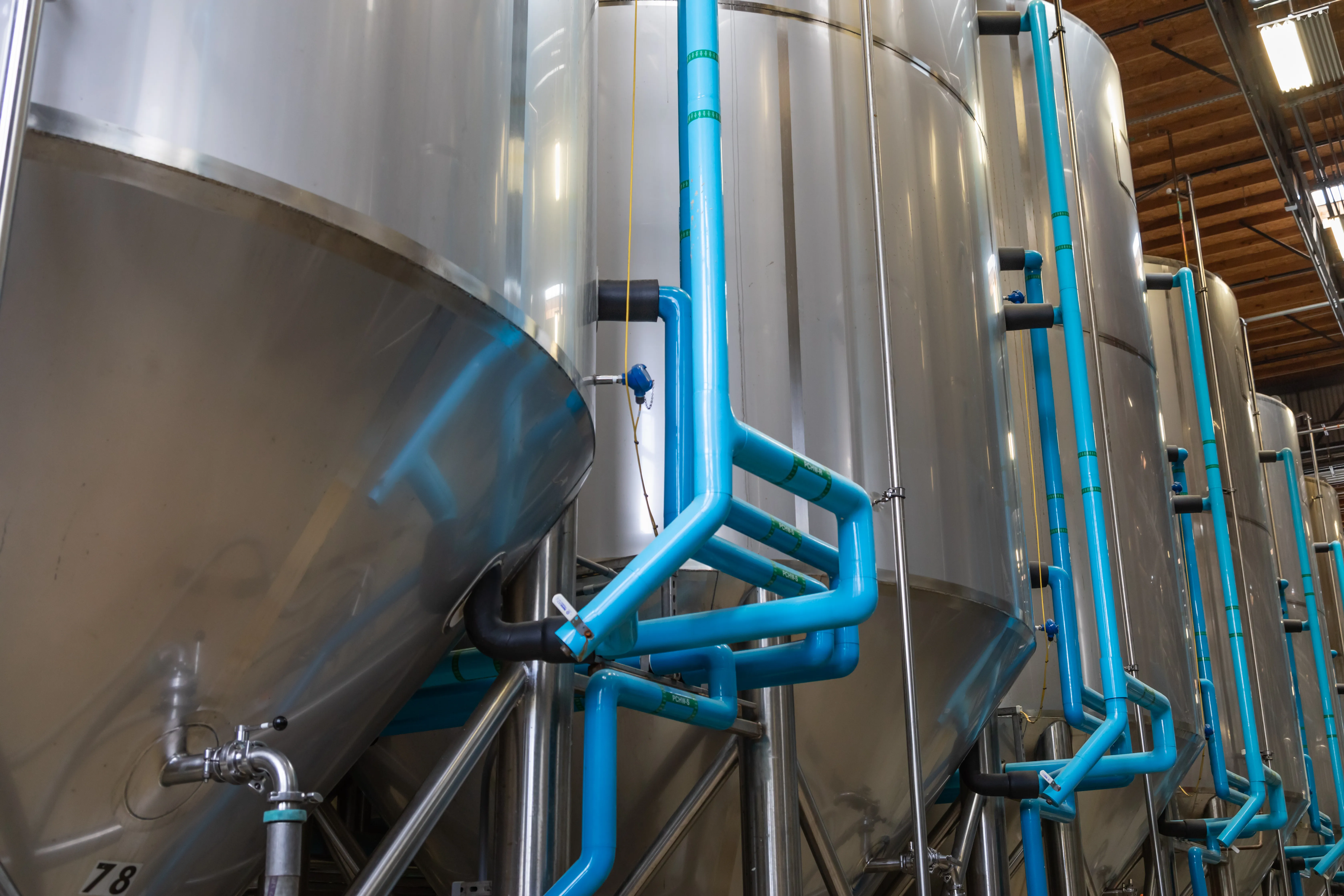The tea processing industry is experiencing a transformation with the introduction of advanced tea extraction plants. These specialized equipment are pivotal in producing high-quality tea extracts used in a multitude of applications across the food and beverage, as well as pharmaceutical industries. By efficiently extracting soluble components from tea leaves, tea extraction plants contribute significantly to product development and market growth.
Understanding Tea Extraction Plants
Tea extraction plants are designed to produce extracts rich in polyphenols, catechins, and caffeine. These components are crucial for developing a variety of consumer products such as tea-based beverages and health supplements.
Process Involved in Tea Extraction
- Pre-treatment: This stage involves cleaning and sorting tea leaves to ensure that only high-quality leaves are used.
- Extraction: Tea leaves are exposed to solvents like water or ethanol to extract soluble components.
- Concentration: The extracted solution undergoes heating under reduced pressure to evaporate the solvent, resulting in a concentrated tea extract.
- Purification: Chromatography and separation techniques are used to purify the tea extract, enhancing component concentration.
- Drying: Finally, the concentrated extract is dried to create a usable dry powder or concentrate.
Variability and Customization
Tea extraction plants vary based on design, capacity, and output quality, tailored to specific user needs. They accommodate both small-scale research purposes and large-scale industrial production, reflecting the versatile nature of the industry.
Applications in Food and Beverage
The food and beverage industry leverages tea extracts in:
- Tea Beverages: Core ingredients in iced teas, bottled teas, and concentrates.
- Flavored Drinks: Enhancing flavors in fruit juices, energy drinks, and sports drinks.
- Baked Goods and Confectionery: Infusing flavors and colors in cakes, cookies, chocolates, and candies.
- Dairy Products: Adding unique flavors to yogurt, ice cream, and milk.
Health Benefits in Pharmaceuticals
Owing to their bioactive compounds, tea extracts are used in pharmaceuticals to promote health and wellness by reducing the risk of chronic diseases.
Growth and Market Trends
The demand for tea extraction plants is on the rise, propelled by the need for high-quality and specialty teas. The Asia Pacific region, being a significant market due to its cultural inclination towards tea, leads in market share, particularly in black and green tea segments. Key players like Tapioca Development Corporation and Kainitz Corporation spearhead advancements in technology, making the industry highly competitive yet promising.
Conclusion
Tea extraction plants play a crucial role in the efficiency and sustainability of the tea processing industry. As technology advances, these plants ensure maximum extraction of valuable components from tea leaves, driving innovation in both food and pharmaceutical sectors. With the market trending towards specialty teas, the industry is poised for substantial growth and diversification.
 PMG stands for Projects Management Group. We provide state-of-the-art Engineering Services to build world-class food processing factories.
PMG stands for Projects Management Group. We provide state-of-the-art Engineering Services to build world-class food processing factories.  Engineering is the difference between Chaos and Excellence. If you are going to do it, do it right.
Engineering is the difference between Chaos and Excellence. If you are going to do it, do it right.  Explore the diverse range of Products in the Food Processing Industry.
Explore the diverse range of Products in the Food Processing Industry.  Explore the technologies at the heart of the the Food Processing Industry.
Explore the technologies at the heart of the the Food Processing Industry. 


 Back
Back 



